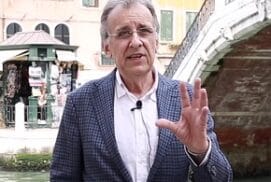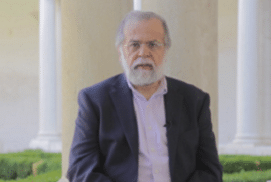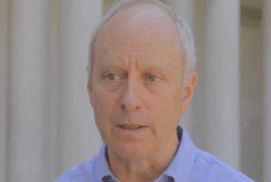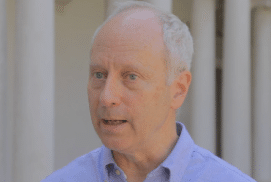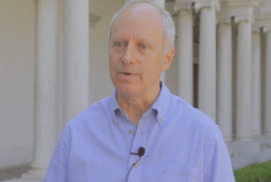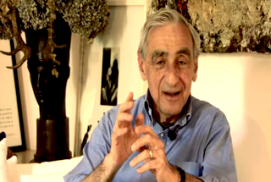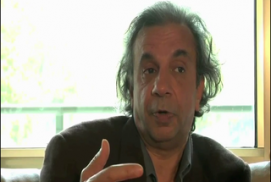Videos
Philosophy
- Alessandro Ferrara 27 May 2019In Plato’s metaphor of the cave, a philosopher leaves the cave and brings back news from the world outside. A single fugitive can bring one truth, but several fugitive-philosophers would bring back diverse accounts. None of them can be proven the one unquestionably true account of what is outside the cave. That authority in the cave rules legitimately when confined to the area of overlapping of these accounts: that is what John Rawls calls public “reason”. This way of justifying a pluralistic stance, avoids the trap of turning the defense of pluralism into a non-plural truth and understands it as “most reasonable for us”.
- Marina Calloni 18 March 2019Which are the limits of being tolerant/intolerant, asks Marina Calloni from Milan’s Bicocca University, and what does Zero Tolerance mean?
- Pei Wang 3 January 2019The practice of toleration with the attitude of tolerance. Interview with Pei Wang from Tsinghua University.
- Hamid Dabashi 5 January 2018In space as airports, borders or in refugee camps today our human dignity dissolves into a digitalized humanity where the data substitutes the individual, says Hamid Dabashi.
- Michael Sandel 19 December 2017To understand the rise of populism we need to engage and care about questions as dignity of work, uncriticized financialization of market driven economy, growing inequality, missing solidarity and the fear of immigration.
- Michael Sandel 14 December 2017“Citizens are not just consumers” says political philosopher Michael Sandel from Harvard University.
- Michael Sandel 5 December 2017Democracies need confrontation and debate in ethical and moral questions, says Michael Sandel.
- Michael Walzer 11 February 2016Many from my generation believed that religion would disappear – instead it came back – politicized, modern, militant and anti-liberal. So what happened to secular nations as Algeria, India and Israel, where we can observe a violent return of religion, asks Michael Walzer: was it a mistake not to engage critically with religious culture?
- Akeel Bilgrami 30 April 2013“I am very interested in the concept of identity in politics, that is how people allow themselves to be mobilized in politics on the basis of something that theorists, as well as people in ordinary talk, call their ‘identities’. I try to define the concept of identity in terms of people’s fundamental and deepest commitments: this means that I am interested in a notion of identity in which people endorse certain things about themselves and make them into commitments…it could be their gender, their nationality or their race”, says political philosopher Akeel Bilgrami from Columbia University. But what happens to our liberal doctrines and liberal ways of understanding the polity when one finds people mobilized on the basis of identity? We asked Professor Bilgrami during a past edition of our Istanbul Seminars.


